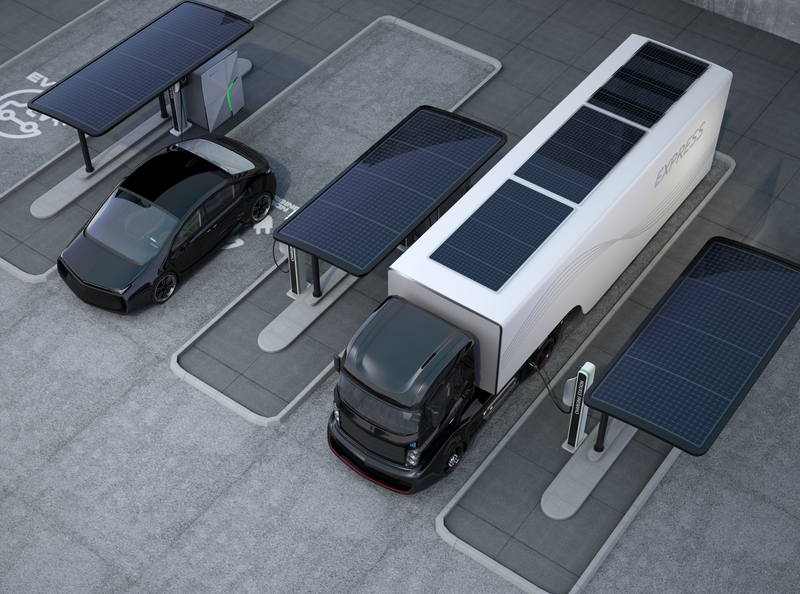Governments must consider ways to manage the transition to driverless trucks in order to avoid potential social disruption from job losses, says a new report published by the International Transport Forum (ITF) with three partner organisations.
Self-driving trucks will help save costs, lower emissions and make roads safer. They could also address the shortage of professional drivers faced by the road transport industry, the study says.
But automated trucks could reduce the demand for drivers by 50-70 per cent in the US and Europe by 2030, with up to 4.4 million of the projected 6.4 million professional trucking jobs becoming redundant, according to one scenario.
Even if the rise of driverless trucks dissuades newcomers from trucking, over two million drivers in the US and Europe could be directly displaced, according to scenarios examined for the report.
The report makes four recommendations to help manage the transition to driverless road freight. These include the establishment of a transition advisory board to advise on labour issues, along with consideration of a temporary permit system to manage the speed of adoption.
It also recommends setting international standards, road rules and vehicle regulations for self-driving trucks. Pilot projects should also continue with driverless trucks to test vehicles, network technology and communications protocols.
Driverless trucks: new report points out need for a managed transition
Governments must consider ways to manage the transition to driverless trucks in order to avoid potential social disruption from job losses, says a new report published by the International Transport Forum (ITF) with three partner organisations.










